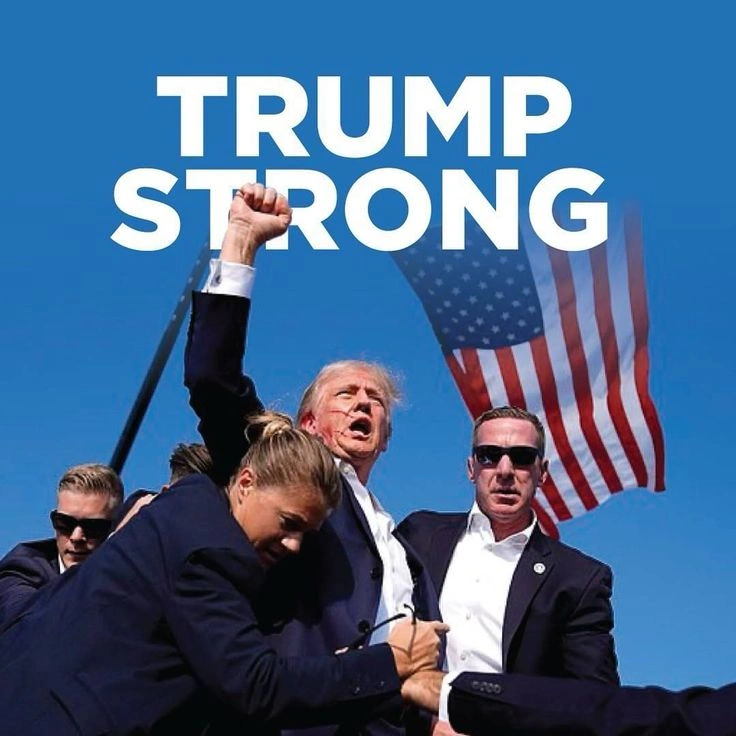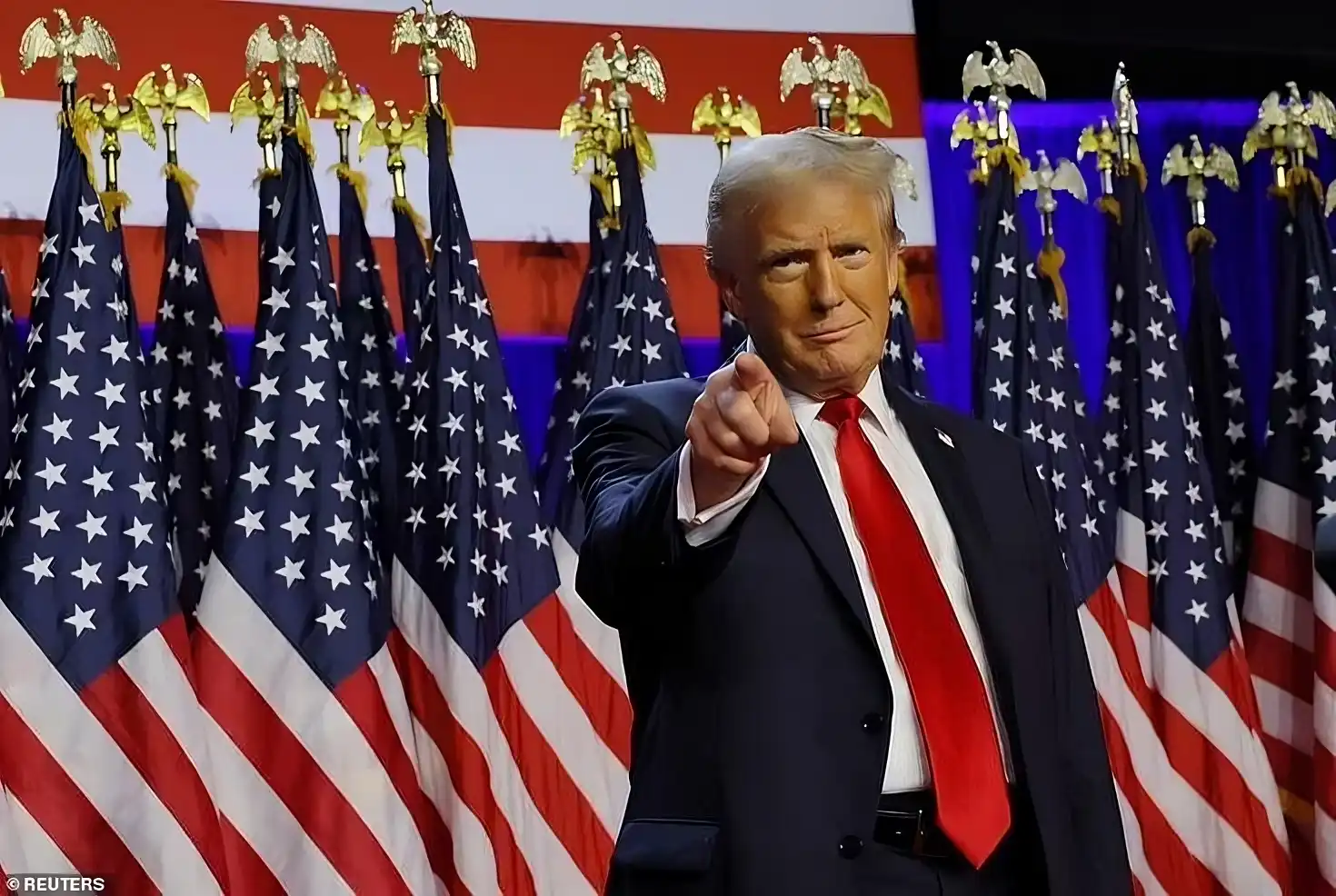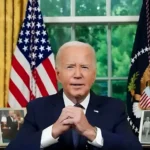President Donald Trump has always been a master of bold announcements, and his latest proposal is no exception.
On Tuesday, Trump revealed plans to create an “External Revenue Service” (ERS), a new government agency he says will collect tariffs, duties, and other foreign-sourced revenues.
This announcement, made via his Truth Social platform, promises to reshape America’s approach to trade and taxation. But what exactly does this mean for the economy, and how might it impact everyday Americans?
Let’s dive into the details and unravel the story behind this eye-catching headline.
What Is Trump’s External Revenue Service?
“For far too long, we have relied on taxing our Great People using the Internal Revenue Service (IRS),” Trump declared in his statement.
He went on to criticize past trade agreements, calling them “soft and pathetically weak,” and accused them of allowing other nations to profit off the United States while American taxpayers foot the bill.
The proposed ERS, according to Trump, will finally make foreign entities “pay their fair share.”
His plan is to shift the revenue burden away from American citizens and toward tariffs and duties imposed on foreign businesses that trade with the U.S.
At first glance, this concept might sound appealing—who wouldn’t want to see other countries contribute more to America’s economy?
However, experts have raised concerns about the feasibility and potential unintended consequences of this bold new agency.

Who Really Pays for Tariffs?
While Trump positions tariffs as a tool to make foreign companies pay up, the reality isn’t so straightforward.
Tariffs are typically paid by importers—American companies that bring goods into the country. These businesses, in turn, often pass those costs on to consumers.
Consider this: if a tariff raises the cost of imported goods, it’s not foreign manufacturers but American shoppers who feel the pinch.
Everyday items like electronics, clothing, and groceries could become more expensive, making life harder for families already grappling with inflation.
This raises a critical question: Will the ERS deliver on its promise to ease the tax burden on Americans, or will it add to their financial woes?
Does the U.S. Need the ERS?
The announcement also sparks debate about redundancy. Currently, U.S. Customs and Border Protection (CBP) is responsible for collecting tariffs and duties.
Critics argue that creating a new agency like the ERS could lead to inefficiency and duplication of effort.
Imagine a household hiring two cleaners to do the same job. Not only does it create confusion, but it also wastes money.
Similarly, establishing the ERS might add layers of bureaucracy, costing taxpayers more without significantly improving results.

Public Reaction
As with many of Trump’s initiatives, the proposed ERS has ignited passionate responses.
Supporters believe it’s a necessary step to put America first and hold foreign entities accountable.
Critics, however, view it as a distraction from more pressing issues, or even a ploy to consolidate power and resources.
On social media, reactions ranged from cautious optimism to outright skepticism.
One commenter quipped, “Why reinvent the wheel? Customs already does this!” Others questioned whether Trump fully understands how tariffs impact the economy, with one user suggesting, “He thinks tariffs are free money when they’re actually a tax on Americans.”
Trump has yet to provide concrete details about how the ERS would function or how it would interact with existing agencies like the CBP.
Without a clear roadmap, questions about its effectiveness and cost remain unanswered.
What is certain, however, is that this proposal is likely to dominate headlines in the coming months, especially as debates over trade and taxation take center stage.
Conclusion
Trump’s call for an External Revenue Service is undeniably a bold move that aligns with his America First philosophy. However, its practicality and potential fallout demand closer scrutiny.
Will the ERS truly ease the burden on American taxpayers, or will it complicate an already complex system?
One thing is clear: this proposal has reignited conversations about trade policy and economic fairness. As the story unfolds, the nation will be watching closely.







